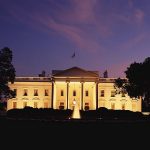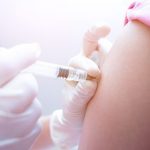
FRIDAY, Jan. 8, 2021 (American Heart Association News) — As one of the trendiest foods in the produce aisle, microgreens are known for adding a splash of color to a dish, a spicy kick to a salad – and a chunk of change to a grocery bill. Known for a variety of flavors, textures and aromas, microgreens originated as a product of the California restaurant scene in the 1980s. Smaller than baby greens, they are harvested just one to two weeks after germination – typically later than sprouts, which don’t have leaves. They usually are 1 to 3 inches tall and often are sold with the stems attached. Most microgreens are rich in concentrated vitamins and antioxidants. A 2012 study in the Journal of Agricultural and Food Chemistry looked at 25 commercially available microgreens and found they contained nutrient levels up to 40 times higher than more mature leaves. Other research also has shown microgreens contain a wider variety of antioxidants and micronutrients called polyphenols. Nutrient content aside, microgreens are not a replacement for leafy and other greens in one’s diet, said Christopher Gardner, director of nutrition studies at the Stanford Prevention Research Center in California. Instead, they serve a better purpose as a way to add variety to a regular salad or other healthy meal. According to the federal dietary guidelines, an adult consuming… read on > read on >












